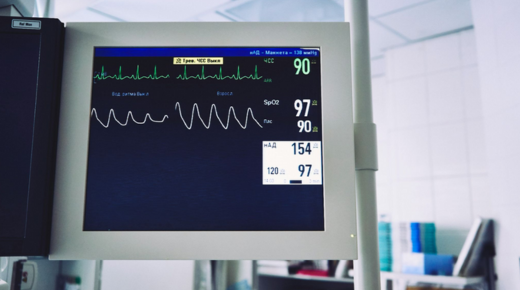Anesthesiology is an important part of the healthcare system, helping patients feel comfortable and safe during surgical procedures. However, the complicated nature of anesthesiology services also affects how they are paid.
In anesthesiology, accurate billing is important for financial stability and regulatory compliance. Specialized anesthesiology billing services have emerged as a solution to these problems.
This article looks at how these services work, their benefits, and why they are important in modern healthcare management.
Understanding Anesthesia Billing
Anesthesiology billing service is more complicated than many other medical billing processes because anesthesia services are unique. Anesthesia billing is different from standard procedures because it depends on the type of anesthesia, the length of the procedure, the patient’s health status, and the level of care.
Additionally, billing must adhere to specific coding standards such as the Current Procedural Terminology (CPT) codes, which are used to describe medical, surgical, and diagnostic services.
Common Challenges in Anesthesiology Billing
Anesthesiology billing uses time units and base units. Time units are based on how long the procedure takes, while base units are based on how complicated it is. Correctly capturing these units is important for correct billing.
Modifiers and adjustments can affect how much you pay, like for emergencies, multiple procedures, or patients who are overweight. Each modifier needs to be documented and used correctly in the billing process.
What Are Billing Services For Anesthesia?
Anesthesiology billing services are firms or departments that only deal with billing processes for anesthesia practices. These services take care of everything from charge capture and coding to claim submission and follow-up.
Key Functions of Anesthesiology Billing Services
This involves accurately recording all billable services provided during the anesthetic procedure, including the correct time units and any additional services.
Anesthesia billing services use expert coders who know the CPT and ICD-10 coding systems. They make sure all services are coded correctly, which is important for proper reimbursement.
After capturing and coding charges, the billing service sends claims to insurance companies or payers. They make sure that claims are sent promptly and follow up on any denied or delayed claims.
Streamlining the Billing Process
Anesthesiology billing services are efficient in the billing process. These services reduce the time and effort needed to manage billing in-house by centralizing and automating various aspects of billing.
Billing services use special software to do things like taking payments, coding them, and sending out claims. Automation reduces the likelihood of human error and speeds up the entire process.
By consolidating all billing activities within a specialized service, anesthesiology practices can eliminate redundancies and streamline operations, allowing them to focus more on patient care.
Reducing the Administrative Burden
Anesthesiology billing is a complicated process that requires a high level of expertise. By outsourcing this function, practices can reduce their administrative burden.
Reducing Mistakes
Errors in billing can lead to claim denial, delay in payment, and legal issues. Billing services follow strict quality control procedures to prevent mistakes.
Before sending in claims, billing services make sure that all the information is accurate and complete.
Conclusion
Anesthesiology billing services are important in today’s healthcare environment. As healthcare changes, specialized billing services in anesthesiology will become more important. They can help you understand and handle complicated medical billing with confidence.










